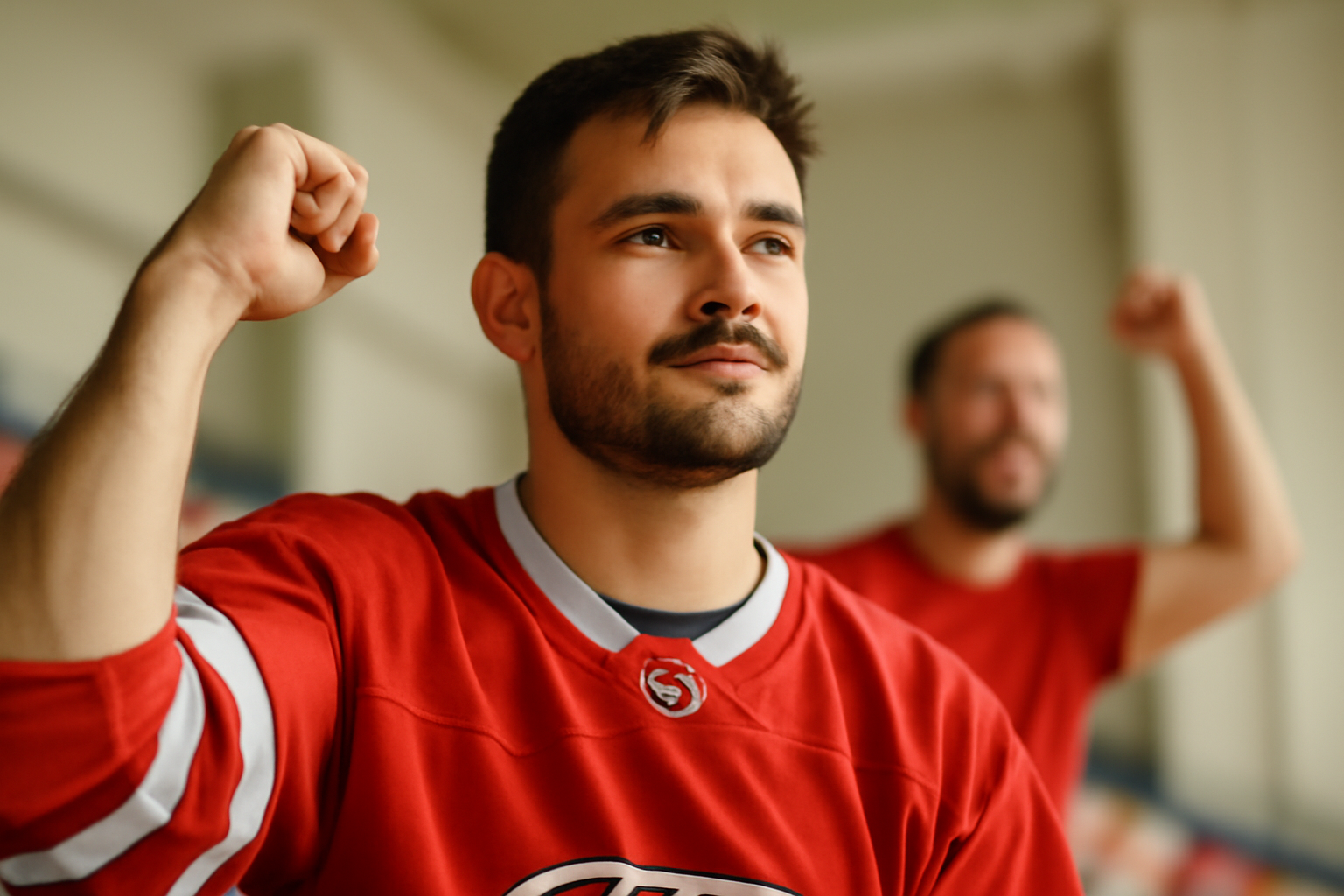
Note: This article was adapted from a piece originally published in 2015.
The energy in the arena is electric as the drums beat through the stands. I find myself singing along to the fight song, savoring the excitement of being at my first game of the season.
At Miami University in Ohio, hockey games are a major event, akin to football at other universities. Students line up for hours just to secure free tickets. There’s a unique sense of belonging that comes with being part of this crowd, cheering for our team.
Sporting Culture and Its Dynamics
As the game progresses, the cheers from the student section start to echo around the rink. Many of these cheers are standard across universities, including chants that are offensive.
The chants and cheers are just one element of the broader dynamics that have shaped sports for decades.
This culture of sports often permits behavior that is rude, crass, and even mean. From banned cheers to disruptive antics during games, fans engage in various forms of taunting and jeering as part of the sporting experience.
Reflections on ‘Real’ Men in Sports
In the realm of sports, the language around building ‘real’ men has been pervasive. A notable example is an essay from a prominent football coach who emphasized the role of sports in shaping young men into ‘real’ men.
This concept of ‘real’ men in sports often elevates hypermasculinity—big men, big muscles, and big plays—as the ideal. Such emphasis on hypermasculinity influences how athletes are perceived and the behaviors expected of them.
Amy Schumer’s satirical take on football culture highlights the problematic tie between hypermasculinity and issues like rape culture. Her work underscores the broader impact of sports culture on anyone who diverges from traditional norms, including LGBTQ+ individuals.
When coaches and sports figures speak about building ‘real’ men, it begs the question: who are the ‘fake’ men? This dichotomy suggests that some expressions of manhood are more valid than others, marginalizing those who don’t conform to these rigid standards.
Implications for LGBTQ+ Athletes
The notion of ‘real’ men has direct implications for LGBTQ+ athletes. It contributes to the continued absence of openly gay athletes in major leagues, as seen in the challenges faced by players like Michael Sam and Derrick Gordon.
This cultural dynamic also affects female athletes, who are often presumed to be queer. The pressure to conform to traditional gender norms can be formidable, creating a barrier to acceptance and visibility in sports.
Despite progress in some areas, there remains a significant gap in achieving true equality. This gap is maintained not just by overt actions but by the underlying attitudes that pervade sports culture.
Moving Beyond the Status Quo
To address these issues, it’s not enough to simply police language or condemn visible acts of discrimination. The challenge lies in confronting the ingrained attitudes that perpetuate oppression within sports culture.
The so-called ‘culture war’ within sports requires introspection and a willingness to challenge the status quo. It’s about recognizing how we might be upholding the very norms we seek to dismantle.
In re-evaluating what it means to be a ‘real’ man in sports, we must broaden our understanding to include diverse expressions of identity and masculinity. Only then can we create an inclusive environment where all athletes can thrive.
Author’s note: This article was adapted from a piece by an advocate for LGBTQ+ issues in sports. They have been active in promoting inclusivity and continue to work towards equity in athletic spaces.
Subscribe to our newsletter to stay informed about impactful LGBTQ+ sports stories and the athletes who inspire us.
Related Posts
Triumphant Trans Woman Wins Legal Battle and Inspires Others to Stand Up for Their Rights
Breaking new ground: a landmark victory in transgender rights After battling in courtrooms and enduring endless challenges, Diana Portillo, a transgender woman, has secured a monumental victory in her decade-long fight against workplace discrimination. The result? Nearly $1 million awarded in a historic settlement. But this isn't just a win on paper—it represents a powerful precedent in combati [...]
Pride Month in Latin America: Protests and Demands for Equality
**Celebrating Pride and advocating LGBTQ+ rights in Latin America** Pride Month in Latin America was a lively mix where celebration met activism. Communities united, not just throwing a party but making a stand—demanding equality and pushing governments toward better protection and rights recognition. Throughout Latin America, pride events erupted in marches and cultural displays, each with a c [...]
Transgender Erasure Actions Implemented by National Park Service
```html Trump administration's impact on national park service and transgender recognition The Trump administration made notable moves in undermining transgender representation, which included directing agencies like National Park Service not include "T" and "Q" when they refered “LGBTQ” in any official communication. This move seems part a broader plan by this administration aimed at reducin [...]